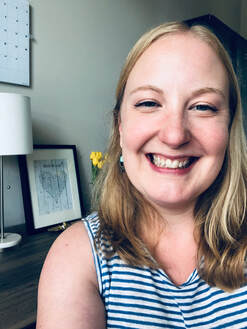
Listen to the episode using the above player or by clicking the link to your preferred podcast platform below:
This is the sixth and final installment of the Curriculum Series. We are talking with Laura Cruz who is an avid reader who has been immersed in stories her whole life. Laura’s motivation comes from setting the stage for authentic human connection and learning. She is the senior manager of Learning and Development at BetterLesson where she designs onboarding, training and feedback systems for over 100 coaches who deliver workshops to teachers on topics ranging from blended learning to anti-racist practices.
Why Students Need A Way to Tell Their Story Laura’s experience with helping students write their story comes from a required autobiography class she started teaching. The course's mastery-based projects asked each student to write their own three-chapter autobiography/memoir, a literary analysis paper of a memoir published by an author, and one art component. The completed projects were then presented to a panel of teachers that were outside of the class. Those teachers would then use mastery based grading to determine if the student had mastered the skills. Laura said “My dream for this course was really about allowing my students to figure out their identity or reflect on their identity and really dig into what does that mean and who am I?” It is a special thing to be able to hear or read another person’s story whether it comes from a well-known author or a student. Student’s need the opportunity to tell their story. Creating a memoir is one way to achieve that. When a student tells their story, they get the power to decide what they want to talk about. Keep in mind there are so many identities to young adults other than “student”. They have to grapple with all of their identities and which ones have the biggest impact on their life. They have to determine what belongs in the story as something that’s shaped their journey. Another benefit of dedicating class time to this is it fosters compassionate relationships between students. Classmates are usually very supportive of each other’s work and they can relate to the physical and mental work it takes to produce a piece like this. They can relate to the walls that they come up against at certain points in the project. Looking For Something Better Something that was very important to Laura in teaching was to give better opportunities to her students who were from low income families and marginalized. As a white woman, she felt a responsibility to acknowledge the privileges she had compared to her students and find a way to bring a high quality learning experience to the class. She said being a part of a consortium school is great because these types of leaders look for the best way to help a student learn not just the traditional way. For example, they’ve recognized how unfair standardized testing is to students and pivoted to a better method of assessment. Creating the autobiography course took some backwards planning in order to set it up for success. She had to start with visualizing what that final literary paper would look like and what students would need to demonstrate at the end. Then it was a matter of naming chapter requirements and adding in things students could read to get inspiration. The middle would be all about working on things to build sentence writing skills, topics, etc. Then there would need to be teaching on different writing styles with examples so that students could decide which kind they wanted. Laura used an activity throughout the course called memory moments. “We really dig into the writing style and then they would write in response with their own story so that they had all these drafts that we could then figure out okay what are the three stories you really want to tell in this final autobiography piece.” As students finished off this course, the feedback that they shared was a sign that overall, the course was serving them well. Students acknowledged how it was more of a challenge than expected. But getting through the challenges pushed them to grow. Other students shared how they enjoyed using their creativity in writing these stories. They enjoyed putting whatever spin they wanted on it whether it was funny, adventurous, touching, or something else. Human connection is an element that isn’t found in just any class, that’s what makes this one particularly special. To dive deeper into learning how to engage students, I have great news! You can register for my free 1 hour masterclass HERE or below. For more, check out my Curriculum Boot Camp course or the “Just the Protocols” module now so you can create your own project-based units grounded in justice in no time at all! Continue the conversation below in the comment section and join our community of educational visionaries on Instagram, LinkedIn, and Facebook. Until next time leaders, continue to think big, act brave, and be your best self.
0 Comments
Leave a Reply. |
Details
For transcripts of episodes (and the option to search for terms in transcripts), click here!
Time for Teachership is now a proud member of the...AuthorLindsay Lyons (she/her) is an educational justice coach who works with teachers and school leaders to inspire educational innovation for racial and gender justice, design curricula grounded in student voice, and build capacity for shared leadership. Lindsay taught in NYC public schools, holds a PhD in Leadership and Change, and is the founder of the educational blog and podcast, Time for Teachership. Archives
May 2024
Categories |
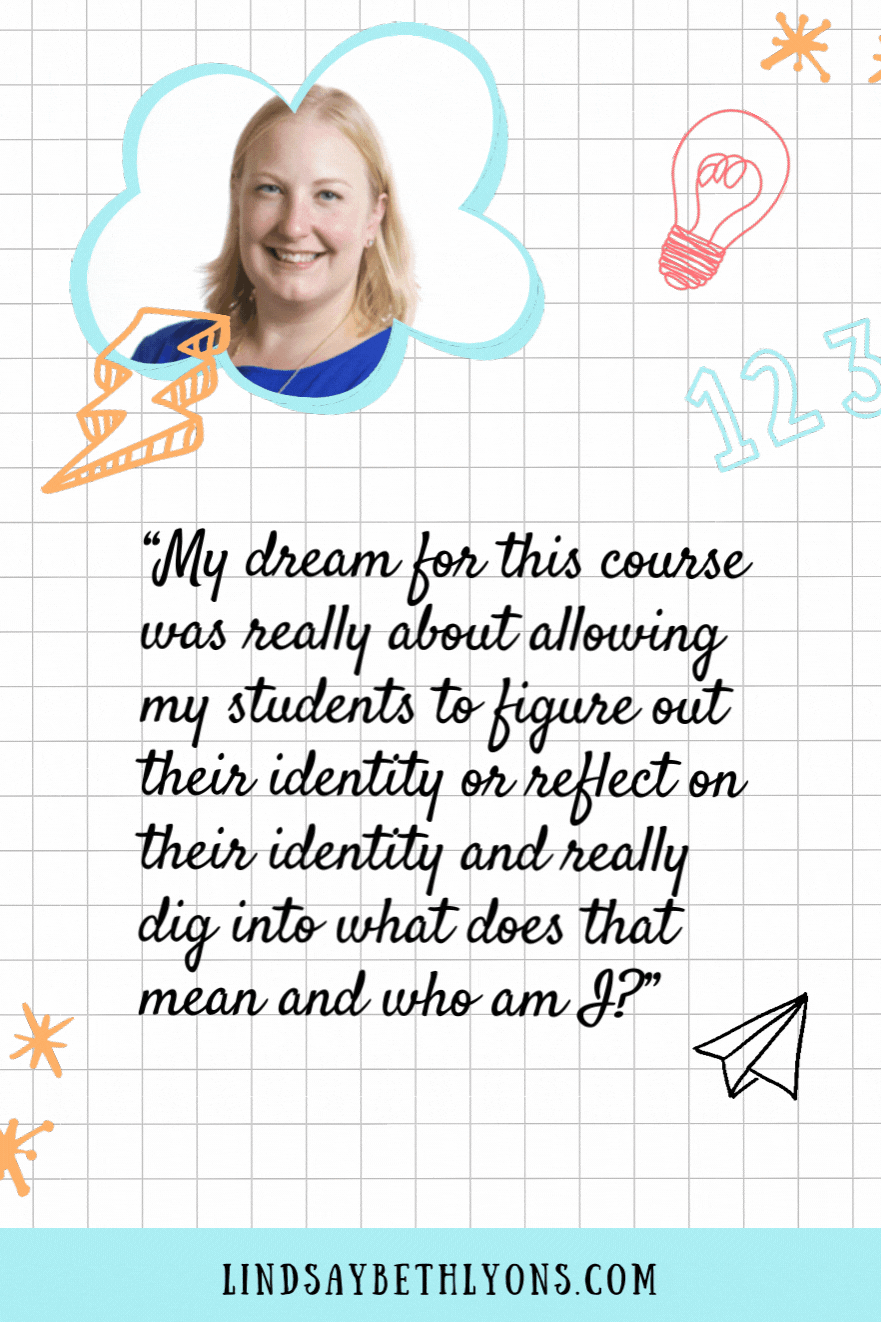
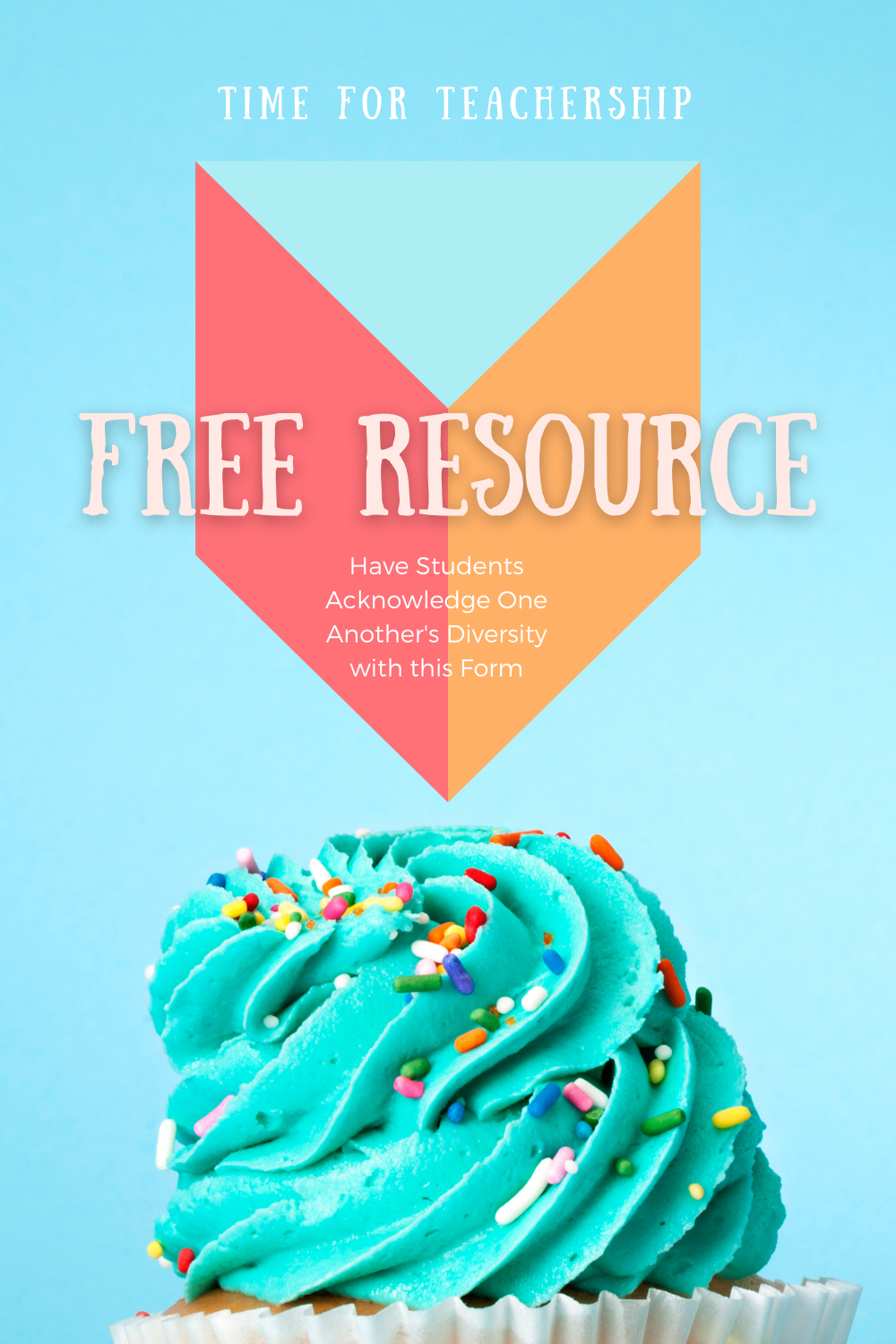
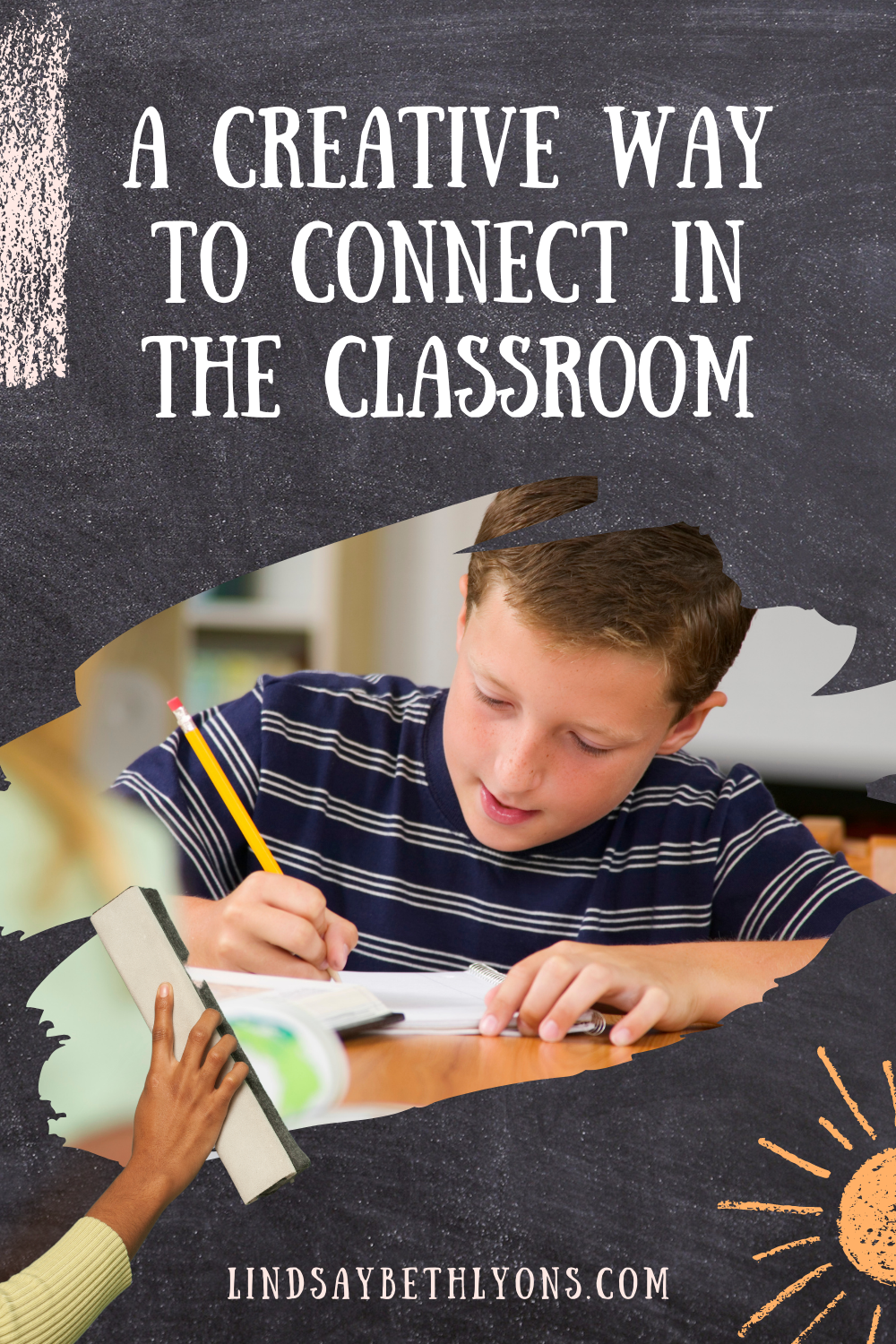
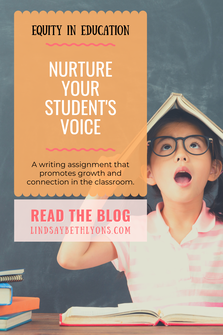

 RSS Feed
RSS Feed